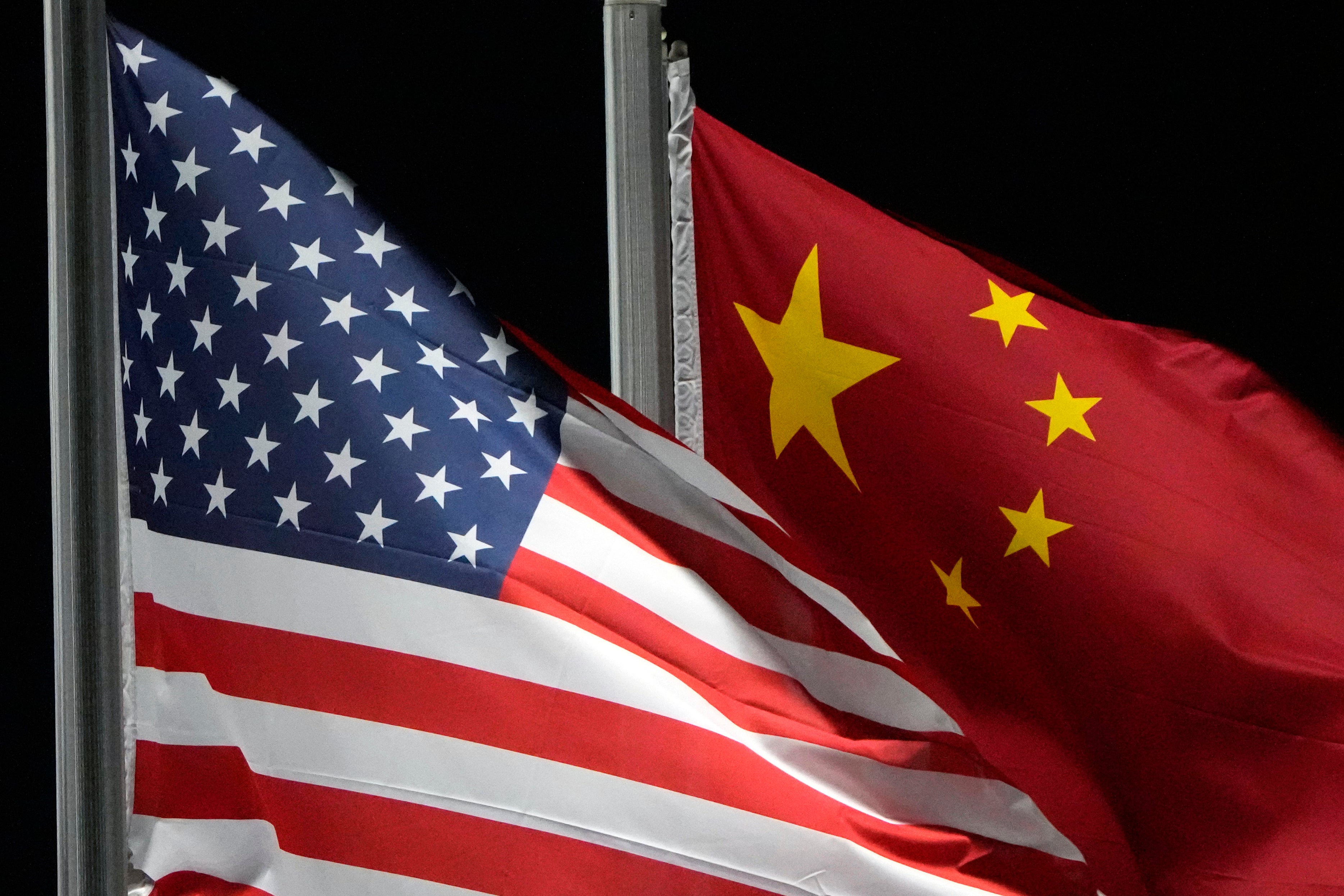China calls hacking report 'far-fetched' and accuses the US of targeting the cybersecurity industry
China's government has rejected as “far-fetched and unprofessional” a report by a U.S. security firm that blamed Chinese-linked hackers for attacks on hundreds of public agencies, schools and other targets around the world

Your support helps us to tell the story
From reproductive rights to climate change to Big Tech, The Independent is on the ground when the story is developing. Whether it's investigating the financials of Elon Musk's pro-Trump PAC or producing our latest documentary, 'The A Word', which shines a light on the American women fighting for reproductive rights, we know how important it is to parse out the facts from the messaging.
At such a critical moment in US history, we need reporters on the ground. Your donation allows us to keep sending journalists to speak to both sides of the story.
The Independent is trusted by Americans across the entire political spectrum. And unlike many other quality news outlets, we choose not to lock Americans out of our reporting and analysis with paywalls. We believe quality journalism should be available to everyone, paid for by those who can afford it.
Your support makes all the difference.China's government on Friday rejected as “far-fetched and unprofessional” a report by a U.S. security firm that blamed Chinese-linked hackers for attacks on hundreds of public agencies, schools and other targets around the world.
A foreign ministry spokesperson repeated accusations that Washington carries out hacking attacks and complained the cybersecurity industry rarely reports on them.
Mandiant's report came ahead of a visit to Beijing by Secretary of State Antony Blinken aimed at repairing relations that have been strained by disputes over human rights, security and other irritants. Blinken’s visit was planned earlier this year but was canceled after what the U.S. government said was a Chinese spy balloon flew over the United States.
The report said hackers targeted email to engage in “espionage activity in support of the People’s Republic of China."
"The relevant content is far-fetched and unprofessional,” said the Chinese spokesperson, Wang Wenbin.
“American cybersecurity companies continue to churn out reports on so-called cyberattacks by other countries, which have been reduced to accomplices for the U.S. government’s political smear against other countries,” Wang said.
The latest attacks exploited a vulnerability in a Barracuda Networks email system and targeted foreign ministries in Southeast Asia, other government agencies, trade offices and academic organizations in Taiwan and Hong Kong, according to Mandiant.
It described the attacks as the biggest cyber espionage campaign known to be conducted by a ”China-nexus threat actor” since a 2021 attack on Microsoft Exchange. That affected tens of thousands of computers.
China is regarded, along with the United States and Russia, as a leader in the development of computer hacking for military use. Security consultants say its military also supports hobbyist hacking clubs that might work for outsiders.
Barracuda announced on June 6 that some of its its email security appliances had been hacked as early as October, giving the intruders a back door to compromised networks.
Mandiant said the email attacks focused on issues that are priorities for China, particularly in the Asia Pacific region. It said the hackers searched for email accounts of people working for governments of political or strategic interest to China at the time they were participating in diplomatic meetings.
Earlier this year, Microsoft said state-backed Chinese hackers have been targeting U.S. critical infrastructure and could be laying the technical groundwork for the potential disruption of critical communications between the U.S. and Asia during future crises.